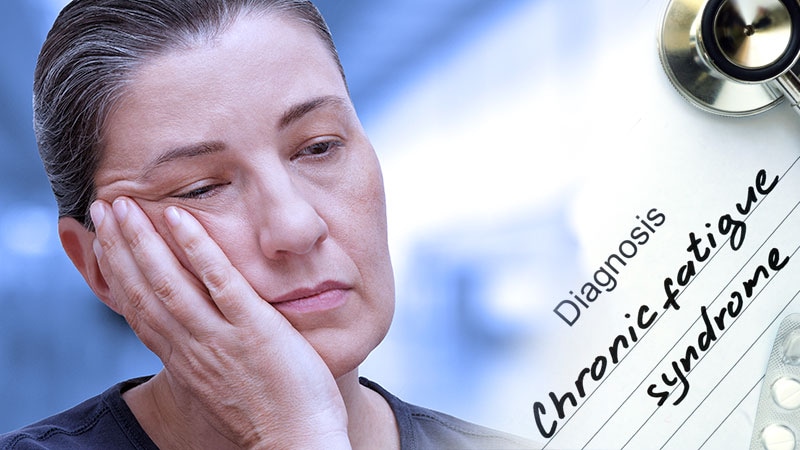Yes, be careful what you wish for.On paper, that should be a good thing.
In reality, it got staffed by disciples of Wyller, and they’ve become the authority on ME/CFS in Norway. They are currently in their 13th year (it should be a maximum of 10), and we’re struggling to get them shut down. They have a massive influence on the new Guidelines that are being created, and that you will be required to follow if you work in healthcare (not just encouraged). They are of course tied to OCFN, COFFI, etc. They also massively influenced the welfare authorities.
Something is not necessarily better than nothing. Depends on what that something is.

